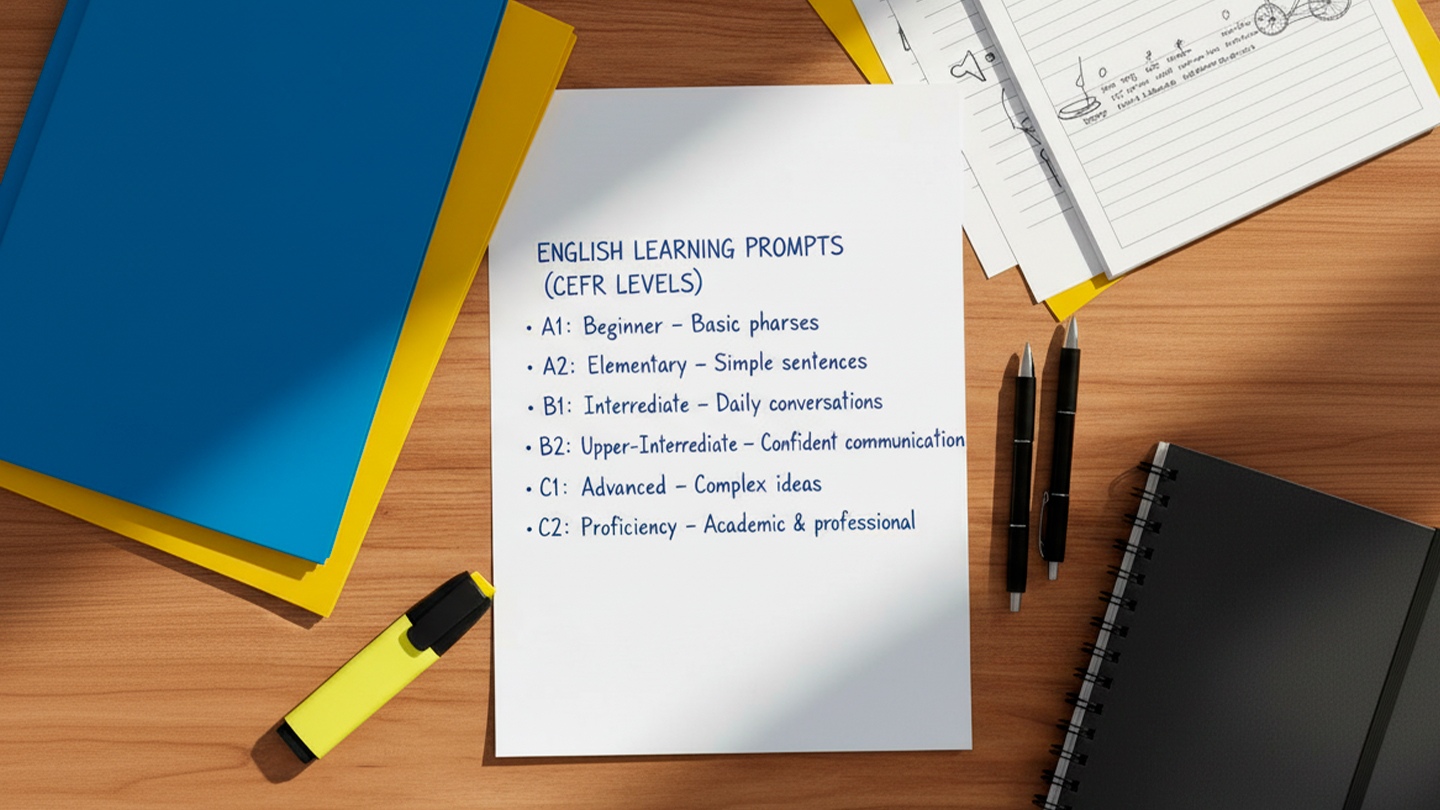If you need to prove your English level for UK visas, citizenship, or other official purposes, the B1 English Test (SELT B1) is likely on your radar. But what exactly is it? And how can you prepare with confidence?
In this guide, we’ll explain what the B1 test involves, who needs it, how long it takes to get ready, and the best ways to practise.
What is the B1 English Test (SELT B1)?
The B1 English test is a Secure English Language Test (SELT) required by the UK government for certain visas and citizenship applications. It tests your speaking and listening skills at the B1 level of the CEFR (Common European Framework of Reference for Languages).
There are different SELT providers (like Trinity or IELTS Life Skills), but they all assess the same level: your ability to communicate clearly in everyday situations.
You’ll need to:
- Understand spoken English
- Respond to questions about familiar topics (e.g. work, hobbies, daily life)
- Speak clearly and confidently
Is B1 English level good enough?
Yes — B1 is considered an intermediate level of English.
It shows that you can:
- Handle basic conversations at work or in public
- Talk about your interests, family, and routine
- Ask for directions or order food in English
It’s not advanced, but it’s strong enough for daily life and many job situations. If you’re still working toward that level, here’s a helpful guide on how to start learning English as a beginner.
How long does it take to reach B1 level?
It depends on your current level and how often you study, but on average:
- From A1 to B1: 6 to 12 months with consistent practice
- From A2 to B1: 3 to 6 months
The key is regular exposure to English — speaking, listening, and using real-world materials. Learners often make faster progress with personalised support, especially when preparing for a specific test.
What to expect in the B1 English Test
Each SELT provider has a slightly different format, but generally, the B1 test includes:
- A 7–10 minute speaking section with a real examiner
- A listening task based on everyday situations
- A conversation about topics like family, hobbies, or work
- Questions about your opinion or experiences
The test is short, but it requires clear pronunciation, natural responses, and a good understanding of basic English.
How to practice for the B1 Test (Tips from native teachers)
- Practise speaking out loud every day – even for just 10 minutes
- Record yourself and listen back to check pronunciation
- Use B1 practice questions to simulate real exam conditions
- Speak with a native teacher to build confidence and correct mistakes
- Watch English videos with subtitles – especially conversations
- Ask and answer questions in English with a partner or tutor
Need help? Our native tutors specialise in preparing students for SELT tests. Learn more about learning with native teachers.
Mistakes to avoid when preparing for the B1 SELT
- Memorising full answers – the examiner will notice if it doesn’t sound natural
- Ignoring pronunciation – clarity matters more than complex vocabulary
- Not practising aloud – reading silently doesn’t build speaking skills
- Skipping listening practice – understanding spoken English is half the test
- Starting too late – give yourself time to feel confident
Remember, the B1 test isn’t about perfection. It’s about showing that you can communicate clearly.
How Big Brain Languages can help you pass the B1 English Test
We offer 1:1 online classes with native teachers who:
- Personalise lessons to your level and visa goals
- Focus on speaking and listening skills
- Give you real B1 practice questions
- Help you build confidence for test day
If you’re still deciding between exams, read our breakdown of which English exam is best for you.
Ready to pass your B1 test? Let’s get you there
The B1 English Test is an important step toward your future in the UK — and with the right preparation, you can pass it with confidence.
Whether you need help getting started or want to practise with a native tutor, Big Brain Languages is here to help you reach your goal.







